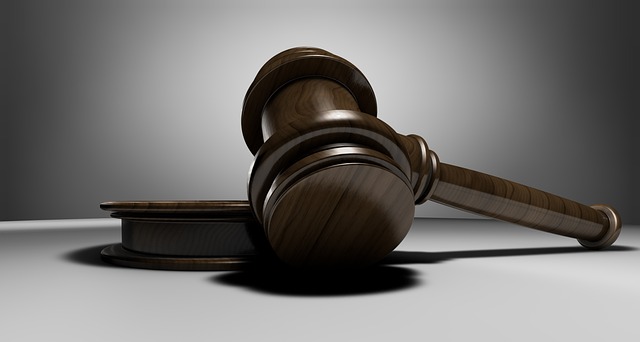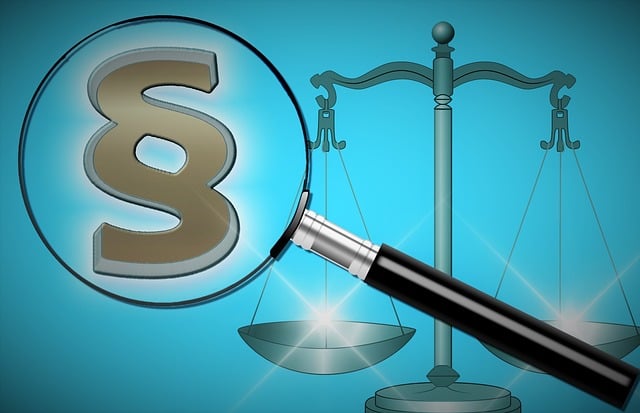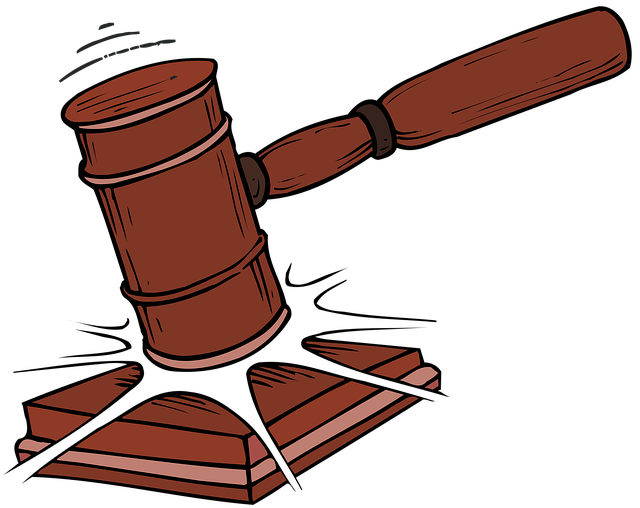Antitrust laws protect fair competition, consumers, and innovation. Overturning wrongful antitrust convictions requires: strategic legal analysis, robust defense with evidence & arguments, deep understanding of law, meticulous market study, challenging conduct & harm, researching precedents, expert testimonies, creative legal arguments to ensure justice, fairness, and freedom from severe consequences.
Antitrust violation cases have far-reaching implications, disrupting markets and harming consumers. This article guides you through the intricate world of antitrust laws, their vital role in fostering fair competition, and the key elements that constitute a violation. We outline practical steps to challenge and overturn a wrongful conviction, empowering individuals and businesses alike with knowledge. Learn how to navigate these complex cases, ensuring justice and protecting your rights in the face of antitrust allegations. Discover the critical process of steps to overturn a wrongful conviction and reclaim your position in the market.
- Understanding Antitrust Laws and Their Purpose
- Identifying Elements of an Antitrust Violation
- Steps to Challenge and Overturn a Conviction
Understanding Antitrust Laws and Their Purpose

Antitrust laws are designed to maintain a fair and competitive marketplace by preventing businesses from engaging in anti-competitive practices. These laws aim to protect consumers, foster innovation, and ensure that markets operate efficiently. Understanding these regulations is crucial for both corporate and individual clients, as they outline the steps to achieve extraordinary results in navigating respective business landscapes. By adhering to antitrust guidelines, companies can avoid potential pitfalls, such as wrongful convictions, which can have severe financial and reputational consequences.
The process of overturning a wrongful conviction involves several key steps. It begins with meticulous legal analysis to identify any violations of antitrust principles. This includes examining agreements, mergers, or conduct that may restrict competition. Once identified, legal teams must build a robust defense strategy, gathering evidence and presenting compelling arguments to challenge the original verdict. Achieving success in these cases requires a deep understanding of the law and the ability to navigate complex legal proceedings, ultimately safeguarding the interests of businesses and consumers alike.
Identifying Elements of an Antitrust Violation

Identifying elements of an antitrust violation requires a deep understanding of competition law and its nuances. The key to navigating these complex cases lies in meticulous investigation and analysis. Lawyers specializing in white-collar defense often take several steps to overturn a wrongful conviction, focusing on distinct factors that constitute an antitrust breach.
They scrutinize market dynamics, examining the specific conduct of businesses or individuals accused, their market share, and any potential harm caused to competition across the country. By presenting compelling evidence and strategic legal arguments, they challenge the validity of the charges, ensuring justice for their clients.
Steps to Challenge and Overturn a Conviction

Challenging an antitrust conviction is a complex process that requires strategic legal maneuvering. The first step involves gathering comprehensive evidence to demonstrate that the defendant’s actions did not violate any antitrust laws. This includes thorough market analysis, examining competitive dynamics, and presenting facts that contradict the prosecution’s claims. Legal teams can also explore precedents and previous court decisions to build a robust defense strategy.
Across the country, winning challenging defense verdicts has been achieved through meticulous research, expert testimony, and creative legal arguments. Achieving extraordinary results in overturning wrongful convictions demands a dedicated approach. By presenting compelling evidence and leveraging successful case studies, defendants can fight for their freedom and set precedents that could benefit future antitrust cases, ensuring fairness within the legal system.
Antitrust violation cases can have significant impacts on businesses, but understanding the laws and taking proactive steps are key to ensuring fair competition. By identifying potential violations early and employing legal strategies to challenge convictions, companies can protect their rights and navigate these complex issues effectively. Remember, knowledge is power when it comes to antitrust compliance, and knowing the steps to overturn a wrongful conviction can be invaluable for any business facing such charges.






